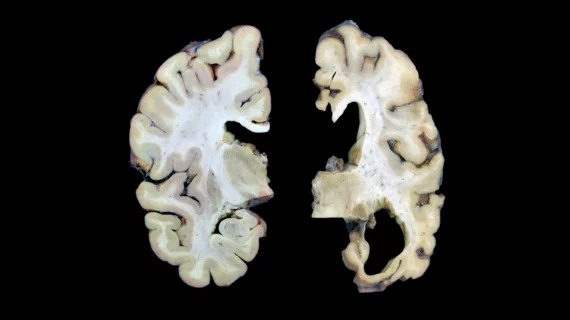A new $40.5 million research center funded by the National Institute on Aging opened today, and is focused on mapping the brains of patients with Alzheimer’s disease.
The collaborative center doesn’t yet have a name, but is headquartered at the Allen Institute, a Seattle-based nonprofit research organization. With five years of funding, scientists hope to determine how and where the disorder begins and identify new brain cells that are most vulnerable at the onset of the disease.
Lead investigator of the new initiative, Ed Lein, PhD, says their work will build off methods developed at the Allen Institute and work done through the National Institutes of Health BRAIN Initiative. The University of Washington Medicine and Kaiser Permanente Washington Health Research Institute will undertake additional projects.
“We’re trying to cure a disease of a complex system we fundamentally don’t understand,” added Lein, who leads the Allen Institute’s brain science division. “Historically, the field has focused on the amyloid hypothesis, but that hasn’t panned out for treatment. What’s really needed is to take a fresh look at the basic progression of the disease across the brain, and we now have high-resolution cellular and molecular technologies in place to do just that.”
The new research will harness single-cell technologies used to study brain cell types and apply them to postmortem brain tissue from UW Medicine’s BioRepository and Integrated Research laboratory. Lein and colleagues will analyze cells in varying regions of the organs, which have been donated by nearly 100 individuals.
All the data generated from the center will be freely available to the scientific community, according to the June 25 announcement. President and CEO of the Allen Institute Allan Jones, PhD, says none of this would have been possible had the late Paul G. Allen not launched the institute that bears his name in 2003.
“Our founder was a champion for foundational research in brain science and for the importance of sharing resources openly with the community,” Jones added in the announcement. “He knew that this type of research could catalyze future advances in human health and disease. This award and the research it will support speak to the strength of his vision.”

